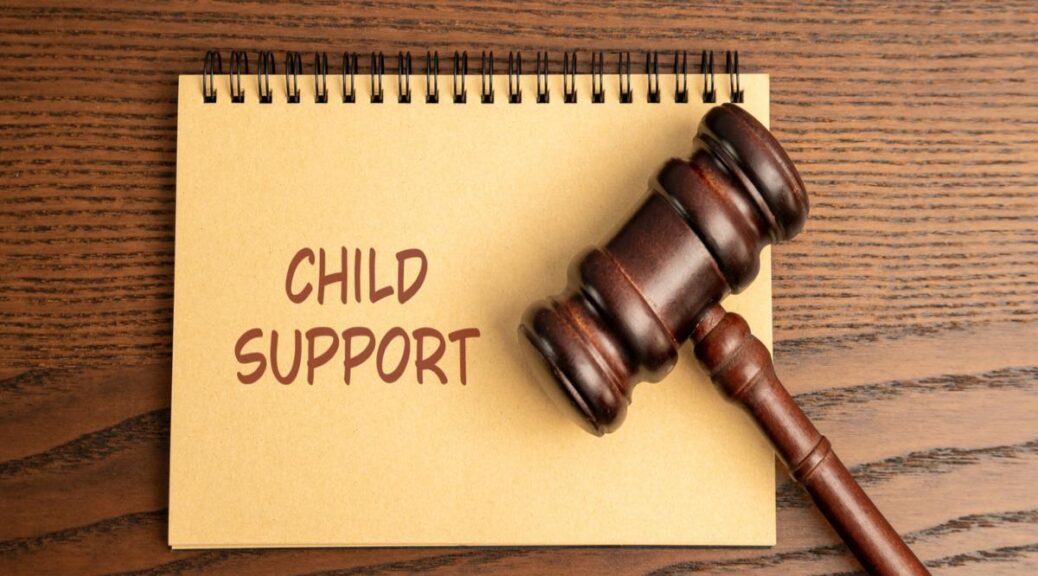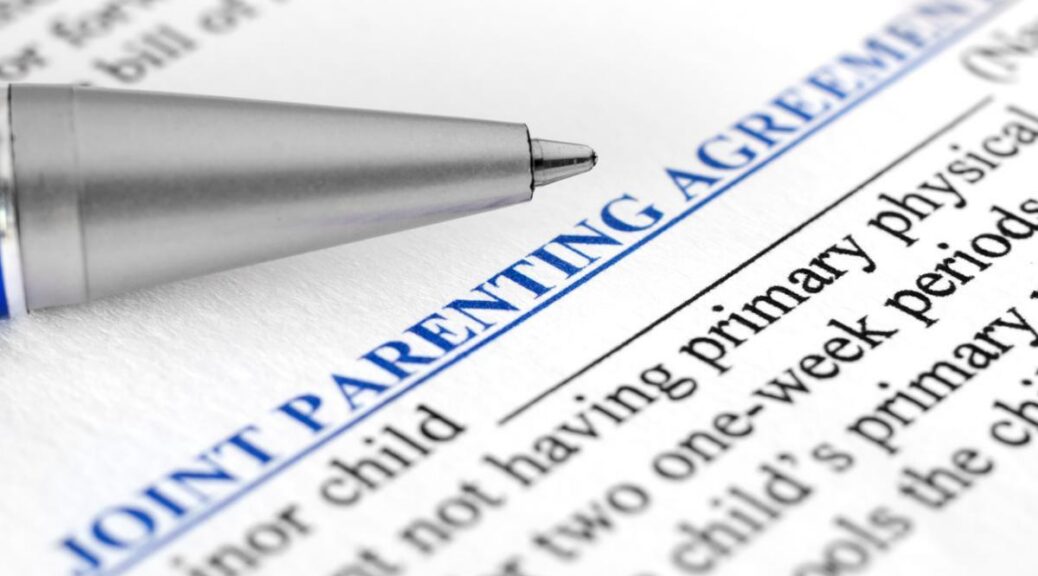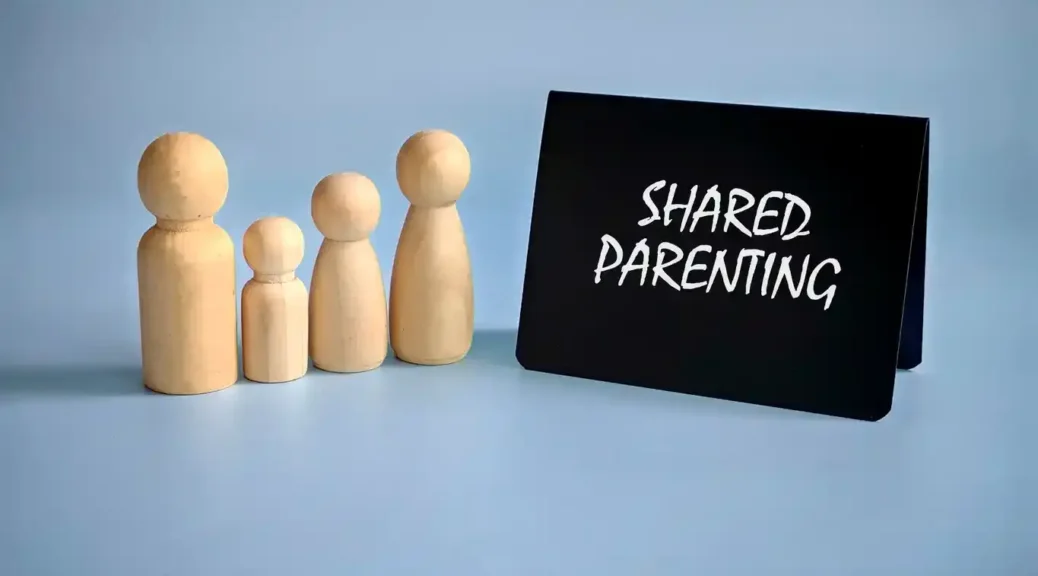Life circumstances change, and when they do, your child support order may no longer reflect your current reality. Whether you’ve experienced a job loss, received a promotion, faced unexpected medical expenses, or seen changes in your child’s needs, California law allows you to request a child support modification. Understanding the process and requirements for 2026 can help you navigate this important legal matter successfully.
Understanding Child Support Modifications in California
Child support modifications are formal changes to existing court-ordered child support arrangements. California recognizes that parents’ financial circumstances and children’s needs evolve. The state’s family law system provides a structured process for modifying support orders when significant changes occur.
However, requesting a modification isn’t as simple as informing your co-parent that you’d like to pay less or receive more. You must file a formal request with the court and demonstrate that a substantial change in circumstances warrants the modification. This is where experienced legal representation becomes invaluable.
Valid Reasons for Requesting a Modification
California courts require a “material change in circumstances” to justify modifying a child support order. For 2026, valid reasons include significant income changes for either parent, such as job loss, a substantial salary increase or decrease, or a career change affecting earning capacity. Changes in the child’s needs also qualify, including new medical expenses, educational costs, or childcare requirements.
Other qualifying circumstances include changes in custody arrangements or parenting time, the birth of additional children to either parent affecting financial obligations, changes in health insurance costs or availability, and disability or serious illness affecting a parent’s ability to work. Additionally, if three years have passed since your last child support order or modification, you may request a review even without showing changed circumstances.
The Step-by-Step Modification Process
The first step in requesting a child support modification is gathering documentation of the changed circumstances. This includes recent pay stubs, tax returns, proof of job loss or income changes, documentation of increased child-related expenses, medical bills or insurance statements, and evidence of custody or parenting time changes.
Next, you’ll need to file the appropriate forms with the court. In California, this typically includes Form FL-300 (Request for Order), Form FL-150 (Income and Expense Declaration), and Form FL-342 (Child Support Information and Order Attachment). You must serve these documents on the other parent in accordance with California legal requirements, providing proper notice and an opportunity to respond.
The court will schedule a hearing where both parents can present evidence and arguments. The judge will review financial information from both parties, consider the child’s current needs, apply California’s guideline child support calculator, and determine whether modification is warranted and by how much.
Important Considerations for 2026
As we move through 2026, several factors make timely child support modifications particularly important. Economic conditions continue to evolve, affecting employment stability and income levels across California. Healthcare costs have risen, potentially impacting the medical support component of child support orders. Educational expenses, including childcare and extracurricular activities, have also increased in many areas.
Additionally, if your current child support order was established several years ago, it may not reflect current California guideline calculations. The state periodically updates its child support guidelines, and your order might be outdated even if your circumstances haven’t dramatically changed.
Common Mistakes to Avoid
Many parents make critical errors when seeking child support modifications. Never stop paying your current child support amount before the court approves a modification. Continuing to pay under the existing order is essential, as modifications typically apply only from the filing date forward, not retroactively.
Don’t assume informal agreements with your co-parent are sufficient. Even if both parents agree to a different amount, the modification must be court-ordered to be legally enforceable. Avoid filing without adequate documentation, as the burden of proof lies with the parent requesting the modification. Failing to disclose all income sources or financial changes can damage your credibility with the court and potentially result in sanctions.
Finally, don’t navigate this complex process alone. Child support calculations involve nuanced legal factors, and procedural missteps can delay or derail your modification request.
The Value of Working with a Certified Family Law Specialist
Child support modifications require detailed financial analysis, thorough documentation, strategic presentation of evidence, and a comprehensive understanding of California family law. Judy L. Burger is a Certified California Family Law Specialist, a distinction held by only ten percent of family law attorneys in the state. This certification, granted by the State Bar of California Board of Legal Specialization, demonstrates proven expertise, extensive experience, and commitment to excellence in family law matters.
With decades of experience helping California families navigate child support modifications and other family law issues, Judy Burger understands the complexities of the state’s child support system. She knows how to present compelling cases for modification, whether you’re seeking an increase in support due to your child’s growing needs or a decrease due to changed financial circumstances.
Her expertise ensures that all necessary documentation is properly prepared and filed, that your case is presented persuasively to the court, that California’s child support guidelines are correctly applied, and that your rights and your child’s best interests are protected throughout the process.
Frequently Asked Questions About Child Support Modifications
Q: How long does the child support modification process take in California?
A: The timeline varies depending on court schedules and case complexity, but typically ranges from two to four months from filing to hearing. Emergency modifications may be expedited in cases of severe financial hardship. Having experienced legal representation can help streamline the process.
Q: Can child support be modified retroactively?
A: Generally, no. Child support modifications typically take effect from the date you file your request with the court, not from when circumstances changed. This is why it’s crucial to file promptly when significant changes occur. Waiting months or years to file means you cannot recover support for past periods or reduce the arrears that accumulated.
Q: What if my co-parent contests the modification?
A: If your co-parent opposes the modification, the court will hold a hearing where both parties present evidence. The judge will evaluate the evidence and determine whether a material change in circumstances exists. Having a skilled attorney to present your case and cross-examine the other parent’s claims is essential in contested modifications.
Q: How often can I request a child support modification?
A: There’s no limit on modification requests if you can demonstrate a material change in circumstances each time. California law allows either parent to request a review every three years without showing changed circumstances. Frequent modification requests without valid reasons may be viewed unfavorably by the court.
Q: Will a child support modification affect other aspects of my custody order?
A: Child support and custody are separate legal issues. A child support modification addresses only financial support obligations and does not automatically change custody arrangements, parenting time, or decision-making authority. However, changes in parenting time can be grounds for modifying child support, as time-sharing affects support calculations.
Take Action Today
If your circumstances have changed significantly since your child support order was established, don’t wait to seek a modification. Delays can cost you financially and affect your ability to meet your obligations or provide adequately for your child.
The Law Offices of Judy L. Burger provides experienced, compassionate representation for child support modifications throughout California. As a Certified California Family Law Specialist, Judy Burger has the expertise to guide you through the modification process efficiently and effectively.
Contact The Law Offices of Judy L. Burger today to schedule a consultation. Let us help you secure a child support order that reflects your current circumstances and serves your child’s best interests. Call our offices or visit our website to get started on your 2026 child support modification.











